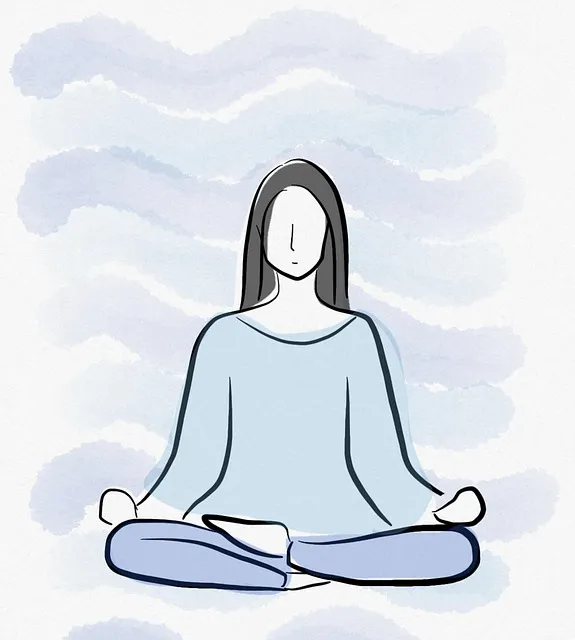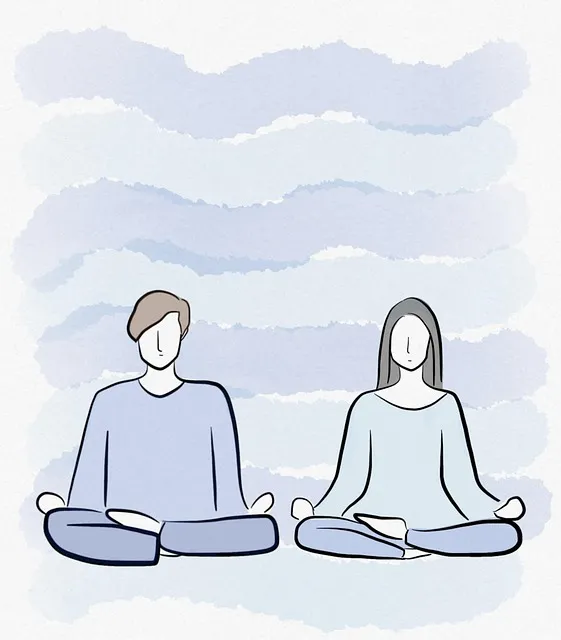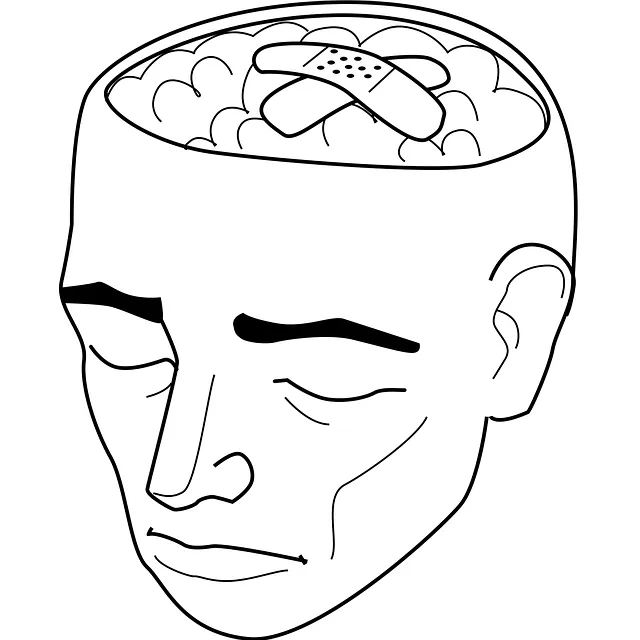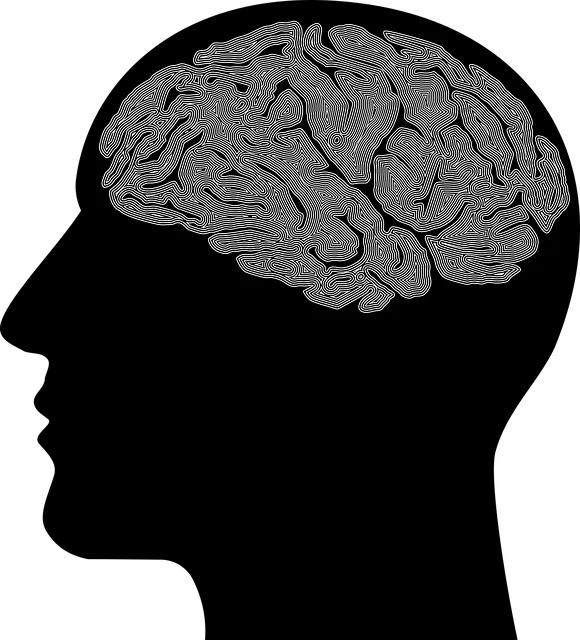Anxiety, triggered by individual stressors like work pressure or health issues, becomes manageable with professional guidance from Superior Kaiser Permanente behavioral health services reviews. Cognitive Behavioral Therapy (CBT) identifies and changes negative thought patterns, empowering individuals to challenge distorted thoughts for improved mental wellness. Mindfulness and relaxation techniques, highlighted in these reviews, include deep breathing, meditation, and yoga for calm minds and reduced stress responses. A holistic approach combining therapy, lifestyle changes, and burnout prevention offers greater benefits, with nutrition and exercise supporting brain health and mood enhancement.
Anxiety is a common yet powerful emotion that, when managed effectively, can significantly improve quality of life. This article explores comprehensive anxiety management techniques backed by superior Kaiser Permanente behavioral health services reviews. From understanding anxiety triggers and cognitive behavioral therapy’s proven efficacy to mindfulness practices and lifestyle changes like nutrition and exercise, each section provides actionable insights for conquering anxiety and achieving inner peace.
- Understanding Anxiety: Recognizing Common Triggers
- Cognitive Behavioral Therapy: A Proven Approach
- Mindfulness and Relaxation Techniques for Calm
- Lifestyle Changes: Nutrition and Exercise Impact Anxiety
Understanding Anxiety: Recognizing Common Triggers

Anxiety is a natural response to stress, but when it becomes overwhelming and persistent, it can significantly impact daily life. Understanding what triggers your anxiety is crucial in managing it effectively. Common triggers vary from person to person, but they often include work-related pressures, financial concerns, relationships, health issues, or even specific environments. Recognizing these triggers is the first step towards overcoming anxiety.
Superior Kaiser Permanente behavioral health services reviews highlight the importance of professional guidance in learning conflict resolution techniques and emotional regulation strategies. The Crisis Intervention Guidance offered by these services equips individuals with tools to navigate anxious moments, promoting better mental well-being. By identifying personal triggers and utilizing evidence-based practices, one can develop resilience and a healthier relationship with anxiety.
Cognitive Behavioral Therapy: A Proven Approach

Cognitive Behavioral Therapy (CBT) has emerged as a highly effective approach to managing anxiety, backed by numerous studies and positive Kaiser Permanente behavioral health services reviews. This therapy focuses on identifying and changing negative thought patterns that contribute to anxious feelings. By challenging distorted thoughts and replacing them with more realistic and balanced perspectives, CBT empowers individuals to manage their symptoms and improve overall mental wellness.
The success of CBT lies in its practical and goal-oriented nature. It teaches individuals valuable coping strategies and skills to navigate stressful situations, fostering a sense of control over their lives. This approach has been particularly effective in treating various anxiety disorders, making it a go-to method for many mental health professionals. Moreover, integrating mind over matter principles allows individuals to reframe challenges, promoting resilience and a positive outlook, which are essential components of long-term anxiety management.
Mindfulness and Relaxation Techniques for Calm

Mindfulness and relaxation techniques have emerged as powerful tools for managing anxiety, and they are at the core of many superior Kaiser Permanente behavioral health services reviews. These practices encourage individuals to focus on the present moment, calming the mind and reducing stress responses. One effective method is deep breathing exercises, which can be easily incorporated into daily routines. By taking slow, controlled breaths, one can activate the body’s relaxation response, counteracting the effects of anxiety.
Additionally, mindfulness meditation helps individuals observe their thoughts without judgment, fostering a sense of detachment from anxious thoughts. This practice, combined with progressive muscle relaxation or yoga, can lead to significant improvements in overall well-being. The integration of these techniques into self-care practices promotes positive thinking and enhances one’s ability to navigate challenging situations, including conflict resolution techniques, as a more calm and collected individual.
Lifestyle Changes: Nutrition and Exercise Impact Anxiety

Anxiety management often extends beyond therapy and medication, encompassing lifestyle changes that can significantly reduce symptoms. Nutrition plays a crucial role in mental health; a balanced diet rich in omega-3 fatty acids, vitamins B and D, and magnesium can support brain function and decrease anxiety levels. Regular exercise is another powerful tool; physical activity releases endorphins, which act as natural mood lifters, and improves overall well-being. Studies have shown that combining these lifestyle changes with superior Kaiser Permanente behavioral health services reviews can lead to even greater improvements in managing anxiety disorders.
Furthermore, healthcare providers can benefit from integrating burnout prevention strategies into their routines, alongside Trauma Support Services and effective Communication Strategies. By prioritizing self-care and adopting healthier habits, providers can enhance their resilience and better support patients facing anxiety, creating a holistic approach that addresses both the mind and body.
Anxiety management is a holistic journey, and by combining cognitive behavioral therapy, mindfulness practices, lifestyle adjustments, and seeking support from superior Kaiser Permanente behavioral health services (as reviewed), individuals can effectively navigate and overcome their anxiety. These techniques empower people to take control of their mental well-being, offering lasting strategies for managing stress and improving overall quality of life.






